Cell And Developmental Biology
-
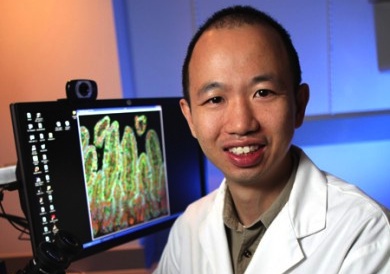
Pioneers of Discovery: Investigator driven to divine cellular ecosystem’s rulebook
Ken Lau, Ph.D., a new assistant professor in Cell and Developmental Biology, is out to determine the rules that lead to cells converting from one type to another, for example, when a healthy cell becomes a cancer cell. Read MoreOct 31, 2013
-
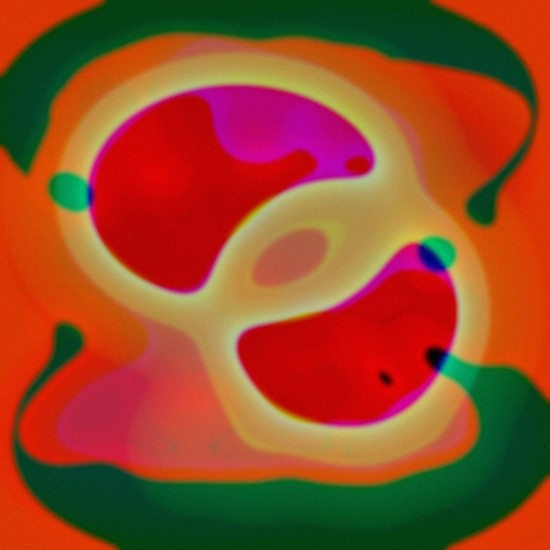
Targets of SIN drive cell division
Vanderbilt researchers have identified a key regulator of cell division. Read MoreOct 25, 2013
-
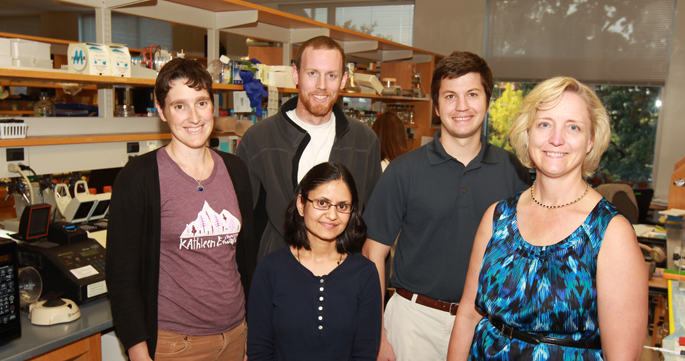
Grad students help achieve key discovery
A multidisciplinary study conducted by the combined efforts of Vanderbilt University graduate students has led to the first evidence that abnormal messenger RNA export from the nucleus to the cytoplasm can cause human disease. Read MoreOct 24, 2013
-
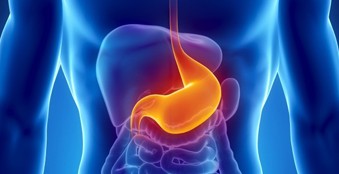
Cell changes en route to stomach cancer
Molecular characterization of pre-cancerous changes in cells lining the stomach could point to lesions with a greater risk of progression to cancer. Read MoreSep 26, 2013
-

Fishing for new anti-cancer drugs
Vanderbilt investigators used an in vivo screen in zebrafish to identify a potential new anti-cancer drug. Read MoreSep 18, 2013
-

Event celebrates 12 Vanderbilt endowed chair holders
Twelve Vanderbilt University faculty members named to endowed chairs were lauded for their extraordinary academic achievements during an Aug. 28 celebration. Read MoreAug 30, 2013
-
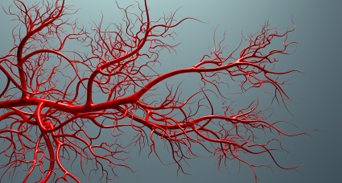
Tumor factor spurs blood vessel growth
A newly identified factor regulates blood vessel growth in colorectal tumors and could be a promising target for cancer therapies. Read MoreAug 26, 2013
-

Researchers track neuron branching’s genetic control switch
In an effort to understand how neurons develop different “architectures,” Vanderbilt developmental biologists have discovered a genetic switch that controls one type of neuron branching in the nematode worm. Read MoreAug 15, 2013
-
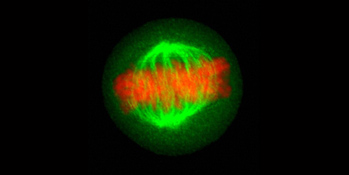
Motor protein revs up cell division
A motor protein that helps drive cell division may be a promising new target for cancer therapeutics. Read MoreJul 29, 2013
-

Vanderbilt planning for the future
An executive committee has been named and will meet regularly this summer to develop a framework of ideas to guide a university-wide academic strategic planning process that will set the course for Vanderbilt’s future. Read MoreJul 5, 2013
-

Disease linked to cell traffic jams
Diseases associated with mutations and changes in expression of the protein caveolin may result from faulty trafficking of the protein to the cell surface. Read MoreJun 20, 2013
-

Antacids: risky for premature babies
Antacids that block a certain enzyme pose a risk for a common cardiac problem in premature infants. Read MoreJun 12, 2013
-

Profiling heart cells
A “profile” of the genes and regulatory networks that govern early heart valve development lay the groundwork for generating valves from a patient’s own cells. Read MoreMay 10, 2013
-

Fingers and toes: joint forming factor
The gene Has2 participates in signaling that is important in developing fingers and toes, and may have relevance for cancer development. Read MoreApr 1, 2013
-
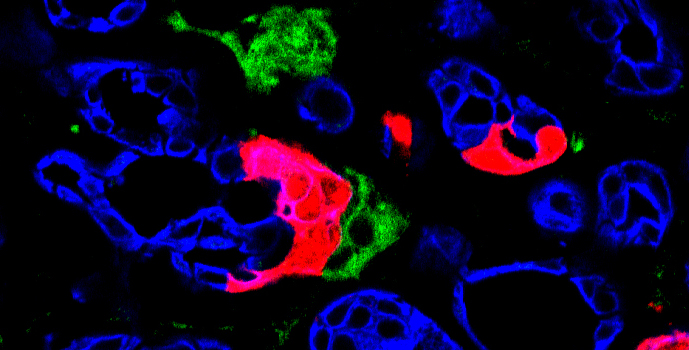
Pancreas cells full of potential
Adult cells in the pancreas can return to a less mature state – and then become a different cell type, like the beta cells that secrete insulin. Read MoreFeb 18, 2013
-
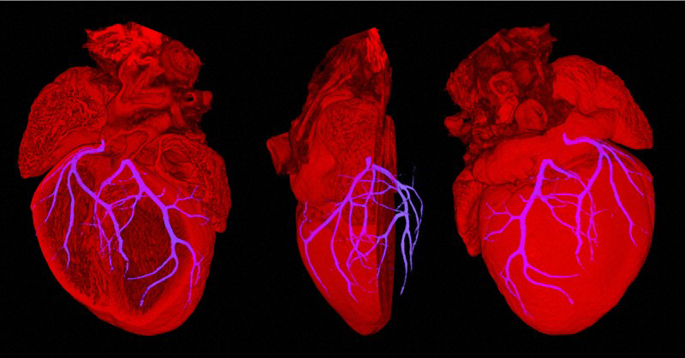
Cell source of heart’s blood vessels
An unexpected group of cells generates the coronary arteries and may be useful for regeneration therapies following injury to the heart. Read MoreFeb 1, 2013
-

Study helps define pancreatic cancer’s cellular origins
Vanderbilt and University of California investigators have discovered the “cell of origin” for pancreatic ductal adenocarcinoma, a finding that could lead to early detection methods and new treatments. Read MoreJan 17, 2013
-

New endowed chair holders recognized
Nine Vanderbilt faculty members named to endowed chairs were recognized for outstanding academic achievement during a Dec. 12 ceremony. (Photo by Steve Green) Nine Vanderbilt University faculty members named to endowed chairs were honored for outstanding academic achievements last week during a celebration at the Student Life… Read MoreDec 20, 2012
-

Nine faculty honored at endowed chair celebration
Nine Vanderbilt University faculty members named to endowed chairs were honored for outstanding academic achievements Dec. 12 during a celebration at the Student Life Center. Read MoreDec 13, 2012
-
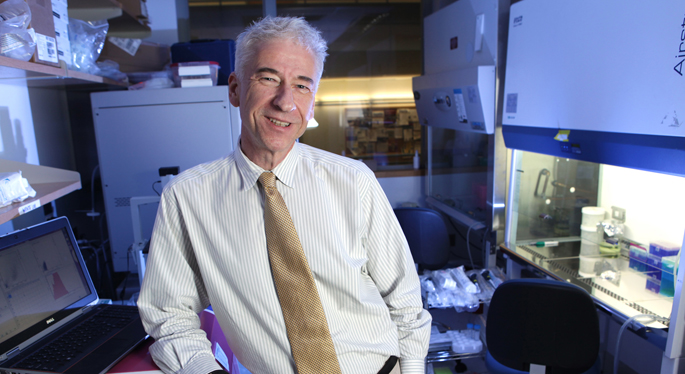
Polarity protein suppresses tumor growth, invasion
The machinery that builds the characteristic shape of epithelial cells suppresses breast cancer formation and metastasis in a mouse model. Read MoreNov 29, 2012